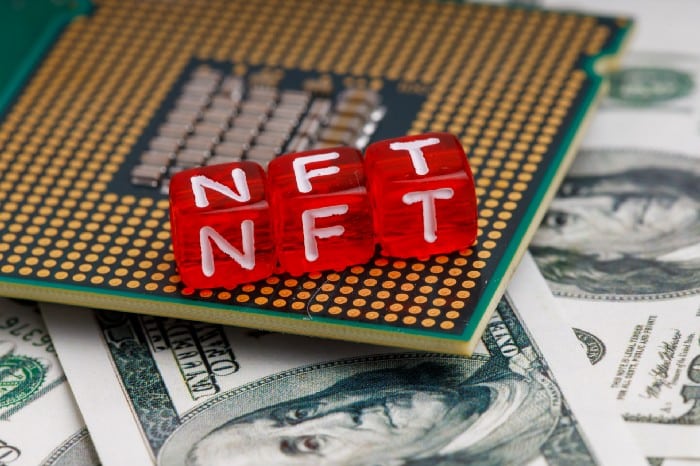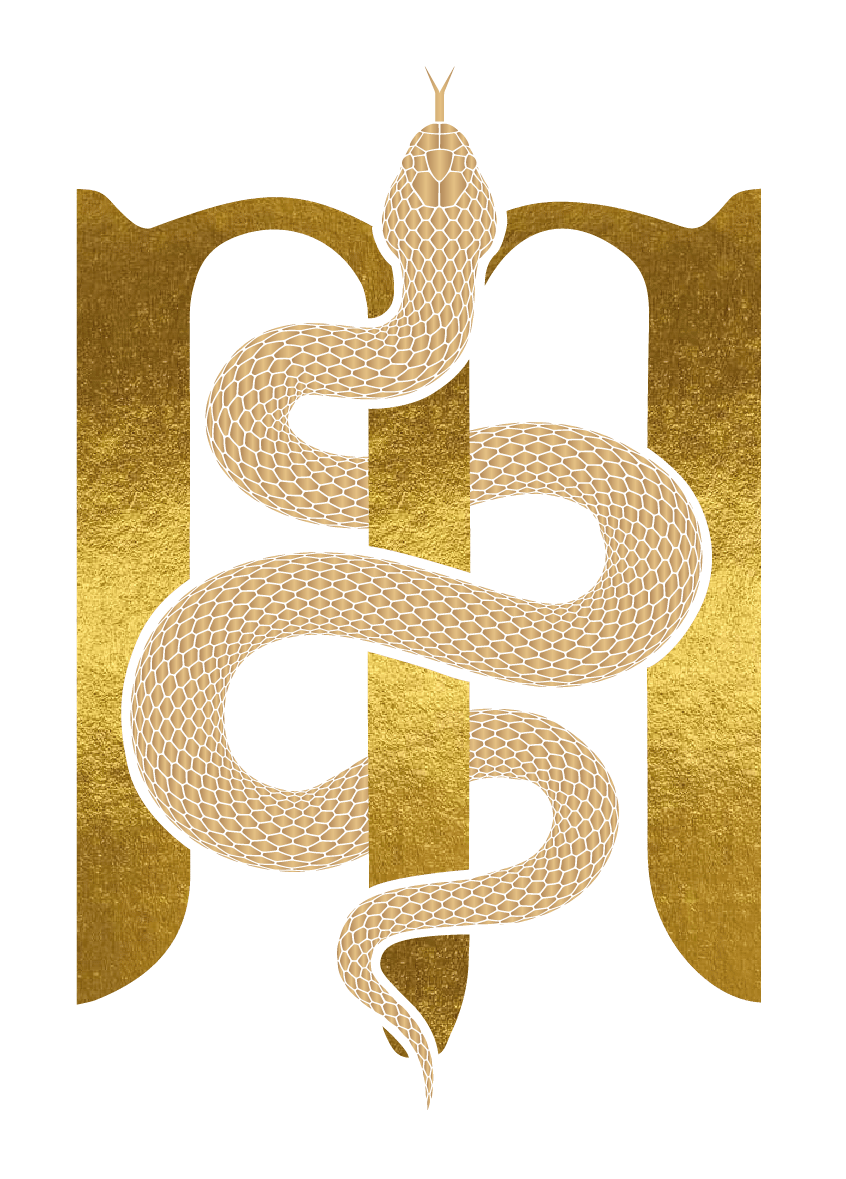Have you been hesitant about getting into crypto?
Does it sound a little too complex for you?
Crypto can seem more complicated than it actually is because of all the technical terms used in the industry.
They can make understanding crypto content difficult and leave you out of important crypto conversations in dedicated online communities, on social media, or even with friends.
So, let’s over 10 important terms you should know to be part of the conversation in 2022.
1. Decentralization
Decentralization is the foundation of crypto and refers to transferring control over transactions from a centralized body to a distributed network.
So, instead of going through a bank, two people or entities can transact directly on a blockchain.
2. Blockchain
A blockchain is a digital ledger that records transactions and spreads them across a distributed network of computer systems.
Once the network participants validate a record on the blockchain, it is immutable, that is, irreversible and unchangeable.
Coins and tokens, which are the what you trade, are stored in blockchains.
3. Coin Vs. Token

While coin and token are often used interchangeably, they mean different things.
A coin resides in its own blockchain.
For instance, Bitcoin is native to the Bitcoin blockchain and Ether to the Ethereum blockchain.
On the other hand, a token resides in a coin’s blockchain.
For example, Ether is native to Ethereum but then Ethereum also hosts numerous other tokens.
Another difference is that the blockchain verifies crypto coin transactions while smart contracts handle token transactions.
Also, a token moves when transacted while a coin doesn’t.
4. Altcoin
An altcoin is basically a contraction for alternative coin.
Bitcoin was the first-ever crypto, created back in 2009.
Then Ethereum came, and so did others.
As of April 2022, there are more than 18,000 cryptocurrencies.
All these other cryptos aside from Bitcoin are called altcoins.
5. Initial Coin Offering (ICO)
ICO is a term you’ll come across a lot, especially when you start looking at newer crypto projects.
So, what is it? ICOs are basically how developers raise money for new crypto projects, that is, by selling tokens to interested investors at a determined price.
The team behind the project comes up with a white paper, which basically explains what the project is about, what it’s going to do when it’s completed, how much the project requires, and the planned token distribution and supply, among other details.
It is quite similar to an IPO or initial public offering, which allows early investors to buy stocks at a newly listed company at a reduced price with expectations that the business will do well in the future.
6. HODL
If you’ve invested or are considering buying crypto, you’ve probably come across this strategy.
HODL directly translates to “Hold on for Dear Life.”
It first came to existence as a typo on a Bitcoin forum back in 2013 and refers to buying crypto and holding on to it, hoping that it will spike in value.
7. Keys — Private Key and Public Key
You’ll need keys to receive, send and store your crypto in a wallet.
If you don’t know, a wallet is a device or software that allows you to securely store your crypto, kind of like a bank account but without the bank managing for you.
Now, there are two types of keys people use in crypto.
A public key is the wallet address you use to send or receive crypto. It works similarly to your account number.
On the other hand, a private key is the password to your wallet and gives you access to your crypto.
Like your bank pin, a private key isn’t meant to be shared.
8. DeFi

And to round off the list is one of the newest trends in crypto — NFTs.
An NFT, or non-fungible token, is a unique set of data stored on a blockchain representing specific digital or physical asset.
NFTs may represent art, games, music, photographs, collectibles, and even real estate.
They make trading digital assets easy as they basically show who owns a particular asset.
I hope you got some valuable pointers from this article. If you want to learn more about how to reclaim your emotional, spiritual and financial sovereignty, be sure to check out my pages / YouTube channel.

Recent Comments